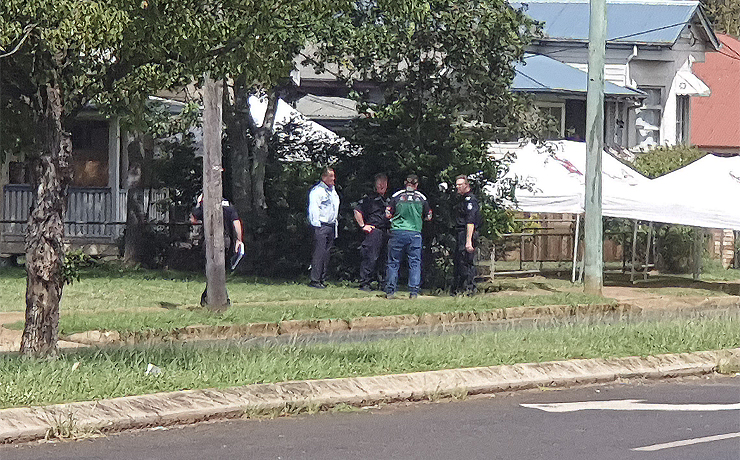Guest editorial by Martin Hirsch
When plastic shopping bags first started to replace paper bags, there seemed to be universal acceptance of the lightweight material, its low cost and convenience.
From the 1970s through to the 1990s, plastic bags enjoyed great popularity in the retail sector and consumers used all types of plastic shopping bags – some plain, others featuring stores or brand names.
So who would have thought that in less than three decades, plastic bags would become a major problem all around the world?
Environmental authorities in Australia are now sitting up and taking notice of plastic bags, their detrimental effects on the environment and – ultimately – on human beings.
Each day people go shopping and take home any number of plastic shopping bags.
Some get re-used in the household, a small number are even taken back for the next shopping trip, but most end up in the rubbish bin and finally in massive landfill sites all over the country.
This is bad in several ways.
First, there is the visual pollution caused by plastic bags, where discarded bags end up in fence lines, in drains and vegetation.
Farmers tell stories of animals ingesting them, fisherman retrieve them when gutting their catch, and slashing contractors whip them up as they clear the road verges.
Then there are the more subtle effects of plastic bag pollution: drains eventually empty into waterways where marine life and birds are likely to eat them.
A large percentage of our plastic shopping bags eventually make their way to our shores and estuaries by this route.
They sink to the bottom and, with tide upon tide, either get buried under layers of sediment or float further into the ocean to form vast tips in open waters.
But if this wasn’t bad enough, some of the latest scientific findings should really give all of us pause for thought.
They point to long-term effects on our environment caused by all sorts of plastic refuse being ground to the consistency of powder through tidal movements, or gradually flaking in harsh sunshine and percolating into our topsoils.
That is where the toxic legacy of plastic bags really hits home.
All manner of marine life eat other creatures lower in the food chain and accumulate plastic micro-particles in their tissues. And on land, animals destined for human consumption eat from the pastures laced with the same particles.
We are standing on the threshold of vast changes in our environment. Many are no doubt due to cyclic phenomena, but others clearly attributable to human activity.
Just as we are faced with the challenges of climate change and how we can make a contribution to mitigate its effects, we can decisively make a positive mark by simply avoiding or consciously reducing our use of plastic shopping bags.
Take your own reusable bags, made from cotton, webbing, netting and other sturdy materials – many retailers already have economical versions of those bags for sale. They are far stronger than plastic bags and some last for years and can be added to your weekly wash once or twice a year.
The trick is to remember taking them.
One way around this is to keep a ready supply in your vehicle. Another might be to ask your grandmother: she is likely to still have a trusty shopping trolley about. Or you can buy a more modern version for your car – a collapsible trolley on rollers (they take vast volumes of shopping).
The bottom line is clear: for every plastic bag not used in favour of a reusable shopping bag, you are making a small but significant contribution to healing our environment.
No doubt, the next generation will appreciate our efforts – and so will our fauna and marine life.
| Footnote: The State Government announced in March 2017 that it will introduce a ban on the supply of lightweight, single-use supermarket-style plastic shopping bags from July 1, 2018. This will bring Queensland into line with South Australia, the Northern Territory, the Australian Capital Territory and Tasmania where lightweight plastic bags are already banned.The State Government also announced it plans to introduce a container deposit scheme from July 1, 2018 as well. While this scheme will not apply to all types of drink containers, it is believed that plastic soft drink bottles will be included. |
























